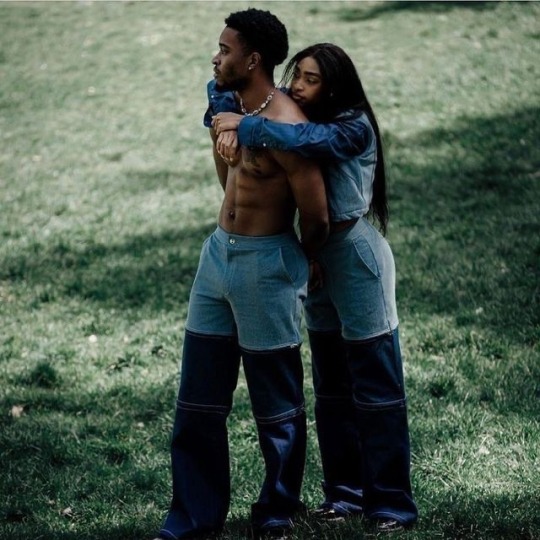#Blacklivesmatter
Text
“Yeah, I mean, in 2018 was the first Shakespeare and race festival that I curated at the Globe. And at that time, there was less vitriol, but it was more like, why are we talking about Shakespeare and race? Shakespeare's got nothing to do with race.
So that led me to thinking about writing this book. But it was in 2020, when I launched the anti-racist Shakespeare webinars, that there was a horrible backlash, very racist backlash. And my own ethnic origins were brought into the conversation.
Oh, she's a woman of color. That's why she's talking about race. And actually, I had been at the Globe for 17 years by that point, you know?
And so that backlash is about ownership. It's about people feeling that something is being taken away from them.
And after the Black Lives movement, Black Lives Matter movement went global, and organizations like museums and galleries and theaters started to take it seriously, that's when you started to see a really racist backlash against any kind of progressive movement, whether it's in a theater or a museum. And I certainly had to face that in 2020.
I was a little bit worried about it, probably more so in the UK, because I think in the UK there's a special sense of ownership of Shakespeare in the way that there isn't in the US. So I'm American, but I'm also a Pakistani. And so I think it was really, it's a double whammy for the British.
Whereas in America, I feel like I was less worried because Americans don't mind other Americans talking about Shakespeare. So I was in the UK, concerned about that. But I think it obviously didn't stop me because what I'm trying to do is keep Shakespeare around.
And I'm explicitly not advocating canceling Shakespeare. And I think that's what they all thought I was doing when I was running those webinars.
So Shakespeare sets Othello in 16th century Venice, which was a very multicultural society because Venice was a sort of trading giant in this time period. So it was really financially lucrative for them to have people from all backgrounds working and living in Venice. And so it's about a Black African, known as a Moor in that time period, who was the captain of the Venetian army.
And it starts with another member of the army sort of screaming and shouting outside the door or window of a fellow's now father-in-law saying that, basically shouting a lot of racist epithets about how his daughter, his white daughter, has married a Black man. And she's done so without her father's consent. So it starts with this idea of there's been some sort of violation.
A Black man has married a white woman, and this is a problem.
So it ends up at the court of the Duke who is dealing with other issues because the Turks are now circling around their outpost in Cyprus, and they need Othello to do some work for them and to fight off the Turks. So the Duke says, oh, look, it's okay. It's fine. You know, Othello is a great guy. We've all worked with him. We know him really well.
And that's when the line comes out: He is far more fair than Black.
And what he's saying there is that essentially, look, he doesn't act Black. He acts white. He acts like us. So let's just be okay with this.
And so what you have there is a situation in which somebody who has kind of violated a kind of racial code in Venetian society is given a pass because he's very useful to that society. What happens in the rest of the play is that lago works on him and tries to convince him that his wife is having an affair with his lieutenant.
And unfortunately, Othello believes him, and they plot to murder Desdemona, and they do. He does. And it's a heartbreaking, heart-wrenching play.
And what's difficult about it is that it seems to fulfill stereotypes about Black men and Black masculinity. So it's always been a bit of a problem to stage. So yeah, it's a fantastic play, though.
It's a real sort of exploration of interracial relationships in a white-dominant society.
Yeah, I think it's harder in classrooms. And that's something that I actually been thinking about how to address a colleague of mine, and I've been discussing it. Because a lot of teachers, especially white teachers, aren't necessarily equipped to have a conversation about race that isn't going to make all the students in the room feel objectified or uncomfortable.
And so what I'm trying to, what I also get at the book is about discomfort, being able to lean into the discomfort of having conversations. And Shakespeare, for him, he was an advocate of discomfort. You were not comfortable when you went to see a Shakespearean tragedy.
He didn't want you to be.
And so we should try and be comfortable in the classroom. And there are productions who have tried very hard to lean into the racial tension and angst in the play.
But often it can be unsuccessful, particularly if it's a white director that sees too much optimism in the play. And says, oh, this play really, it's not about race. It's about redemption of characters who've been singled out for some reason.
I'm like, well, the reason is race.
My goal was always to show how it rears its head, even in the moments that are the most unexpected or that seems innocuous.
But what is interesting is that in a lot of his comedies, he's using anti-Black racism as a source of humor. And, you know, that would have made people laugh, some of the comments that you hear in some of his most delightful comedies. And because the racism isn't the undercurrent of the play, that it's easy to miss it.
So you'll just get all of a sudden a comment like Much Ado About Nothing, where the character Benedict is talking with his friend Claudio about a woman that Claudio has a crush on. And he says, oh, she's too brown for a fair praise. And that would have made people laugh.
What he's saying is that she's not attractive enough to praise her, and fair in that time was a very elite form of whiteness. It meant beautiful and virtuous and white with a luster or a shine, and that shine is the virtue of a woman. And no woman of color could ever achieve that, because she's not white enough.
So he's saying that this woman is too brown, even if she's not brown, but he's using brown as a way of denigrating people of color.
But I think Shakespeare is still valuable for us because of the contemporary nature of some of the issues that he raises in his plays.
I mean, there's a great speech in Midsummer Night's Dream where he talks about the destruction of the planet because of the way people are behaving towards each other. And the powerful resonance of that today just is unmissable. So Shakespeare is able to articulate or help you to think about questions that are so urgent in your own moment.
I think other writers need to be brought into dialogue with Shakespeare. If you teach Othello, teach Toni Morrison's Desdemona, right?
It's incredibly lucrative intellectually and emotionally to keep Shakespeare in the curriculum.”
—Farah Karim Cooper: Director of Education at Shakespeare's Globe Theatre, and author of The Great White Bard, How to Love Shakespeare While Talking About Race
#shakespeare#farah karim cooper#othello#racism#ingrained racism#casual racism#writing#much ado about nothing#colorism#the merchant of venice#anti blackness#desdemona#blacklivesmatter#theatre
52 notes
·
View notes
Text




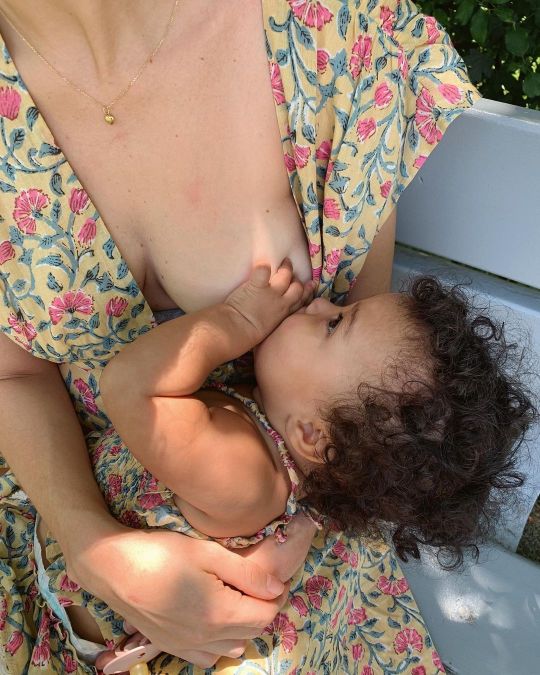



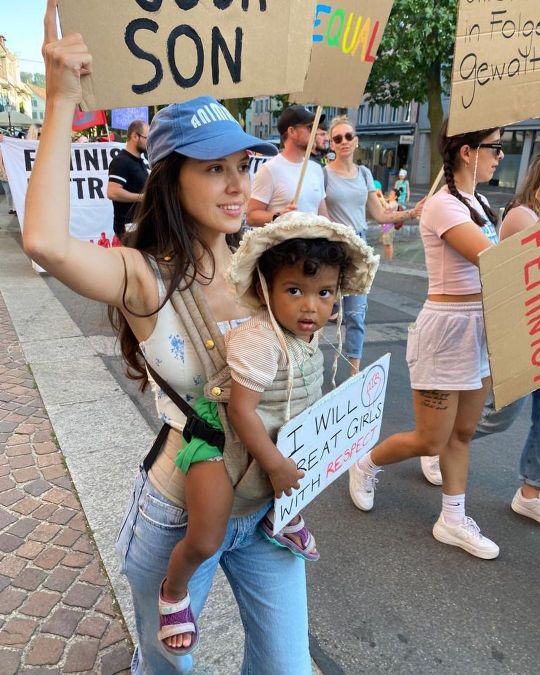

Switzerland🇨🇭+Jamaica🇯🇲 = ❤️
#switzerland#jamaica#swiss woman#jamaican man#mixed family#mixed babies#fuck racists#fighting racism#mixed pregnancy#interracial pregnancy#refugees welcome#blacklivesmatter#africanrefugees#africanrefugeeswelcome#tiktok
33 notes
·
View notes
Text

31 notes
·
View notes
Text

#quotes#life quotes#words#feelings#spilled ink#lit#positive quotes#love#literature#poetry#blacklivesmatter#black women#black beauty
22 notes
·
View notes
Text
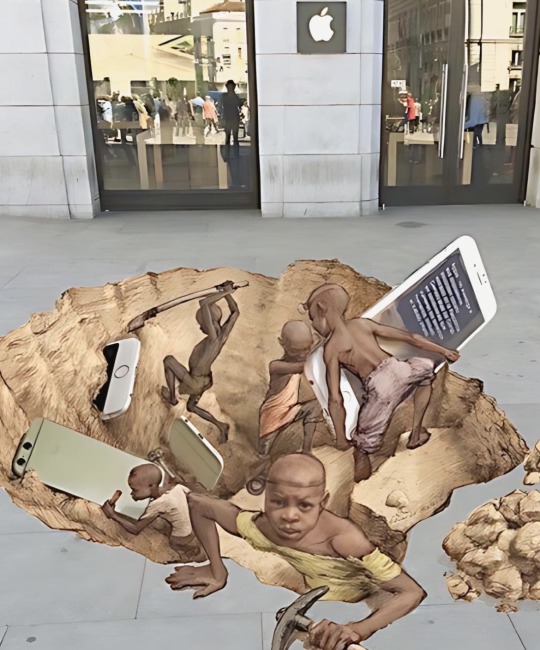
Congo is silently going through a silent genocide. Millions of people are being killed so that the western world can benefit from its natural resources.
More than 60% of the world's cobalt reserves are found in Congo, used in the production of smartphones.
Western countries are providing financial military aid to invade regions filled with reserves and in the process millions are getting killed and millions homeless.
Multinational mining companies are enslaving people especially children to mine.
•••
La República Democrática del Congo vive un genocidio silencioso. Millones de personas están siendo asesinadas para que la parte occidental del mundo pueda beneficiarse de sus recursos naturales.
Más del 60% de las reservas mundiales de cobalto se encuentran en el Congo, y se utiliza en la producción de teléfonos inteligentes.
Los países occidentales están proporcionando asistencia financiera militar para invadir regiones llenas de reservas y en el proceso millones de personas mueren y millones se quedan sin hogar.
Las empresas mineras multinacionales están esclavizando a la gente, especialmente a los niños, para trabajar en las minas.
Street Art and Photo by Artist Eduardo Relero
(https://eduardorelero.com)
#blacklivesmatter#blacklivesalwaysmatter#english#spanish#blackhistory#history#share#blackhistorymonth#blackpeoplematter#black history matters#black history 2023#black history is everybody's history#historyfacts#black history is world history#black history is american history#african history#black history#black history month#modern slavery#knowyourhistory#congo genocide#dr congo#blackbloggers#like#blackhistoryyear#follow#cobalt#blackownedandoperated#culture#art
11K notes
·
View notes
Text









#black is beautiful#black is gold#black beauty#black femininity#black#black woman appreciation#black woman magic#blacklivesmatter#black woman is god#black love#black couple#black couples#black tumblr
7K notes
·
View notes
Text
So far, chances of KOSA being enacted is 31% according to the site linked below.

Let's get that fucker down to zero, guys!!
Stuff to help us do that is linked here!
The call scripts linked below were originally for Congressional representatives, but now that the bill is in committee consideration by Senate Commerce, you should call your Senators instead and you can use the scripts for them. Also, when calling your Democrat senators, make sure to add that Senator Blackburn explicitly stated in interview that it would be used to "protect children from the transgender." I think it's pretty clear that this is not meant to protect children. It's just going to harm children further, especially trans children.
(Article below with a video of the interview embedded.)
Please help stop this bill in its tracks. Reblog, donate, call your senators, and keep an eye on the bill's chances of being passed. We can't stop now. 31% is still kind of a big number. We need to shrink those chances by a lot more.
#queer#lgbtqia#lgbt#lgbtqplus#lgbtq community#blacklivesmatter#black lives matter#ex jw#ex mormon#ex catholic#ex christian#stop kosa#kosa bill#fuck kosa#kids online safety act#internet censorship#us politics#abortion#bodily autonomy#abortion rights
3K notes
·
View notes
Text
Ways to Live in Direct Opposition to Capitalism
I am by no means an expert in any of these things I’m gonna talk about, so keep that in mind! I am just making a compilation of things I know of that we can do to lessen the stranglehold the capitalist lifestyle has on us while enriching our lives, our surroundings, and the lives of others. Please add anything I miss or correct anything I may be getting wrong! Anyway here goes!
Use what you have, fix what’s you can, make what you can, accept from others, thrift what you can, and finally purchase as a last resort.
This is advice I have seen float around here a couple of times that can apply to a lot of things including clothing, furniture, food, and more besides. It’s meant to be done roughly in that order as it applies to what you’re wanting/needing/doing. It’s about preventing waste, promoting self-capability, having a heightened reliance on your community, and consciously rejecting the ingrained habit many of us have to just purchase things or services.
Here’s where you can read about growing an indoor garden!
Here’s where you can read about sewing things yourself!
Here’s an online site for giving and receiving items for free!
Here is where you can find a local Mutual Aid to get things from, learn skills from, give do, volunteer for, etc. (in the U.S.)
Be politically active! (from a U.S. perspective)
Vote for every election. Know your representatives and those who will be competing in the next election. Vote without ignorance and without falling for unfounded claims. While operating within the system that actively oppresses us will not bring about the future we want, it can serve as damage control (preventing worse candidates from taking office) and it can potentially create a national atmosphere more open to change.
Here’s a good article about getting more involved in the U.S. political process.
Here’s a site that will show you how to register to vote, when and where elections are held, and more!
Here’s good advice on finding protests in your city!
Here’s some readings on unionizing! It’s your legal right to unionize!
Here’s a more user friendly site for learning about unions!
Be active within your community!
Developing strong, motivated, capable, knowledgeable, and inclusive communities is the ultimate way to combat the relentless and bleak present and future. When you’ve worked on the things above and have gotten good at it (or even if you haven’t gotten good at it yet), start spreading what you know and what you can do with others!
Give your neighbors, coworkers, and friends some of the vegetables you’ve grown.
Invite your community members to volunteer events.
Talk to folks about how to vote, when you’re doing it, etc.
Take part in Mutual Aids to teach what you’ve learned or whatever you may be an expert in! Invite neighbors, friends, and coworkers when you take part in the Mutual Aid!
Accept your community. Take them for who and what they are. Discrimination is the enemy of cooperation. You have much more in common with everyone in your community than a single billionaire or corporation. We’re all passengers on this spaceship earth.
Do it one step at a time!
Obviously we can’t do all of these things at once. Do what you can when you can, and you’ll start to notice real change in your life!
Our online communities where we talk about our visions and hopes are fantastic, but they have little impact if we don’t actually get up and do the real work that change requires.
Want to be better, and keep hope for the future!
Harbor and nourish that desire to be a better person and to be the change you want to see in the world. You need to be hungry for a better future if you plan to make it through the rough times when everything feels pointless and without hope. Reach out to others when you’re down, and be someone others can lean on when their lives get hard.
That’s it! Please interact with this, spread it to others, and add your own thoughts and ideas! It’s important that we do the real work to get the change we crave!
#solarpunk#punk#hopepunk#anti capitalism#anti consumerism#anti consumption#tumblr#/r/196#r/196#196#community#socialism#communism#lgbtq community#gay pride#blacklivesmatter#do the work#positive vibe#positivity#learning#tips#tips and tricks#activism#change#teamwork#revolution#Make a comment! Start a discussion! Add your thoughts!
6K notes
·
View notes
Text
#black twitter#black women#blackexcellence#aesthetic#black aesthetic#black culture#black is beautiful#black tumblr#blacklivesmatter#neo soul#afro#afro hair#melanin
1K notes
·
View notes
Text
Born on February 5, 1995 — today should have been Trayvon Martin's 29th birthday. 🤍
9K notes
·
View notes
Text



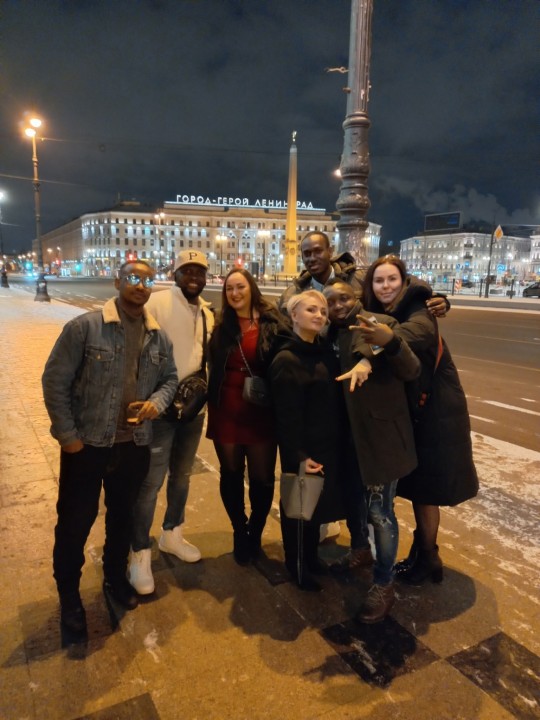




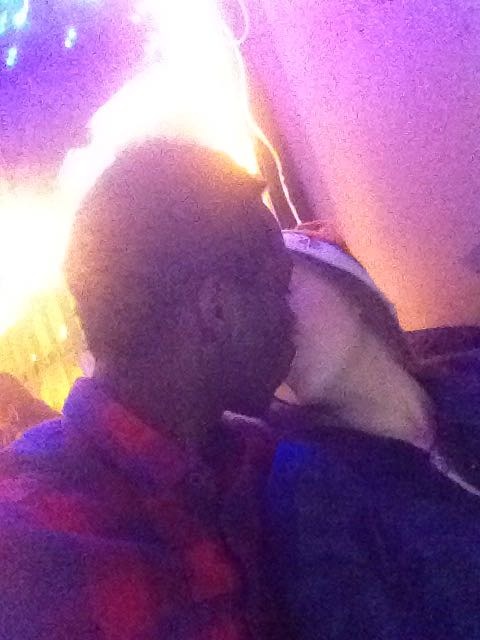
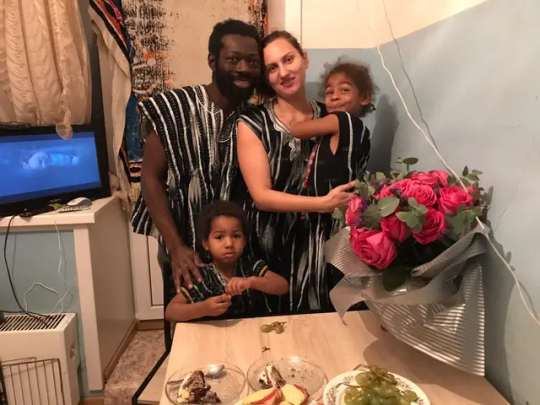
Racist and xenophobic people will say that you can't emigrate to your countries, but not only can you but you have the right, me, other people and all these white wives scream and say:
AFRICAN REFUGEES AND IMMIGRANTS ARE WELCOME!
#mixed families#mixed babies#interracial pregnancy#mixed pregnancy#fuck racists#fuck racism#fighting racism#refugees welcome#blacklivesmatter#africanrefugees#africanrefugeeswelcome
20 notes
·
View notes
Text

South African women
#black girl aesthetic#black girls are beautiful#black girl moodboard#black women#black femininity#black women in luxury#fashion#black girls in luxury#south african women#clothing#wocedit#woc beauty#wocdaily#woc#wocsource#pretty black girls#black woman#black history month#black girl fitspo#black girl luxury#black girls of tumblr#black people#black luxury#blackgirl#blackgirlmagic#classy black women#blacklivesmatter#black tumblr#black beauty
1K notes
·
View notes
Text

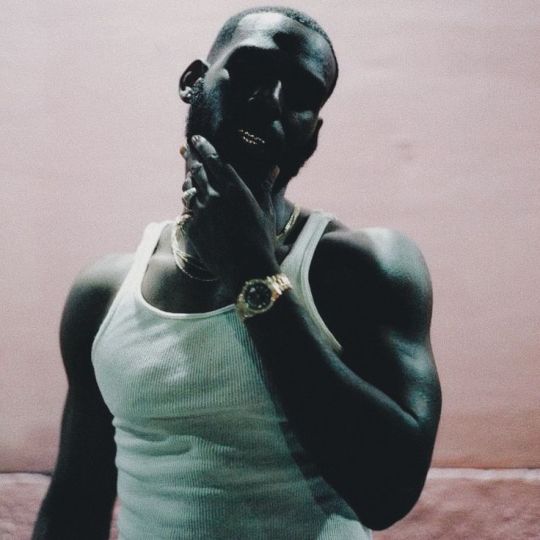

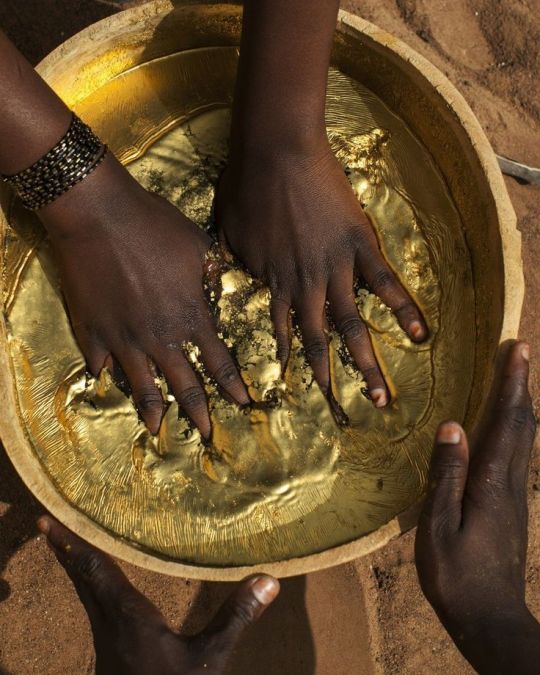
"Gold is the money of Kings" - Norm Franz
#beauty#gold#earn money online#pretty#poetry#shimmering#blacklivesmatter#black women#black tumblr#black beauty#black man#feminism#feminist#beautiful#haiti crisis
803 notes
·
View notes






